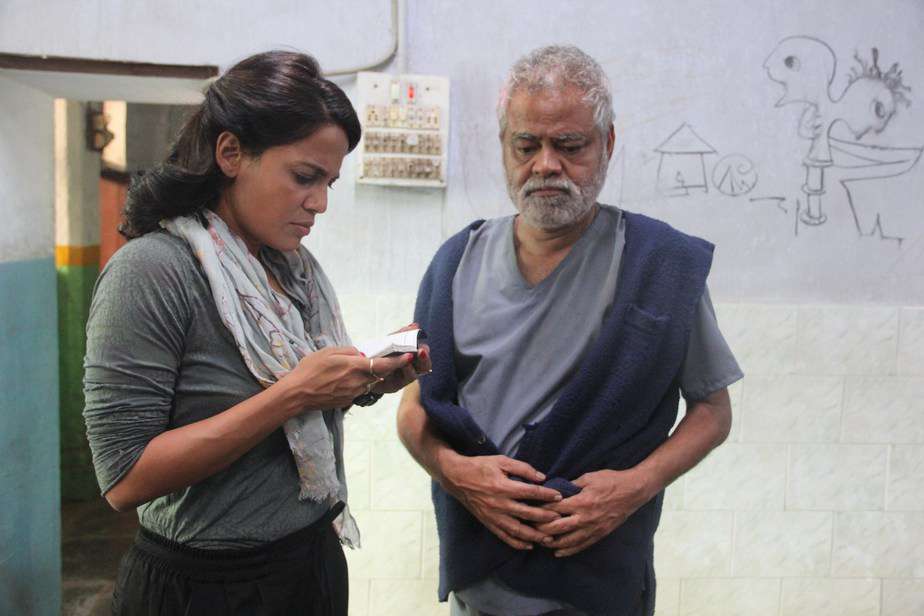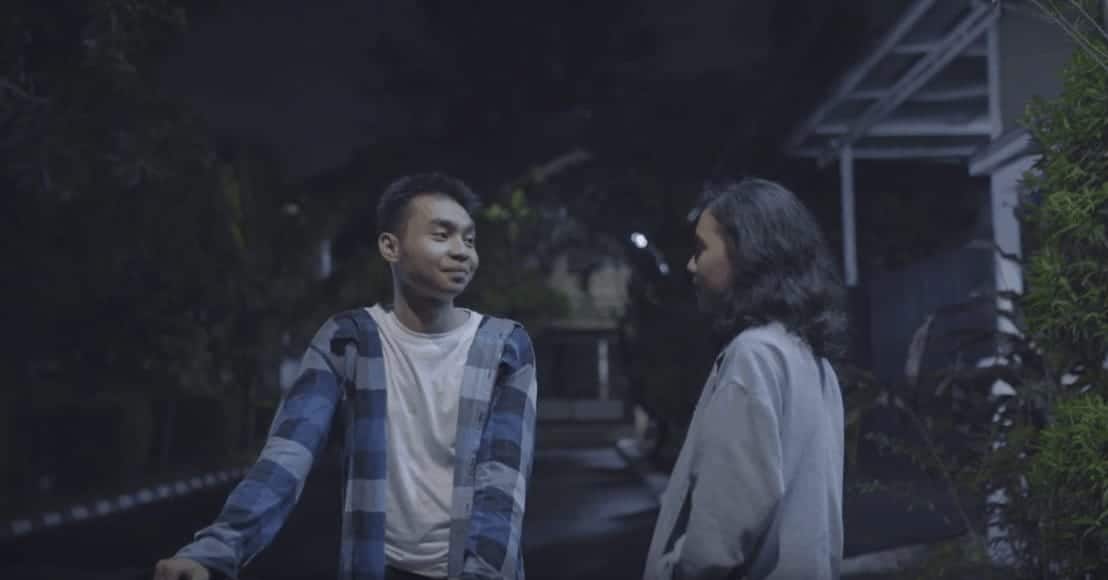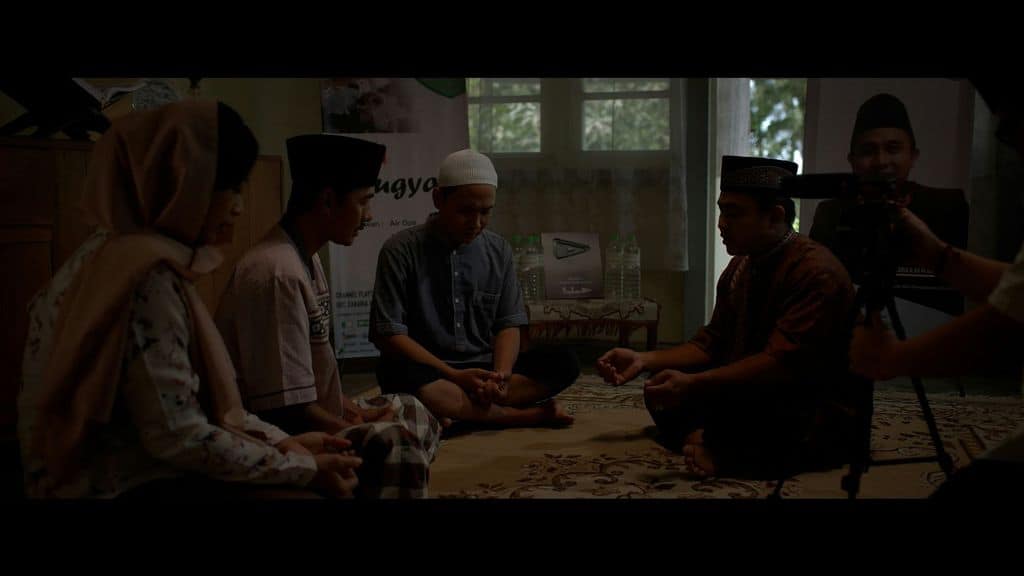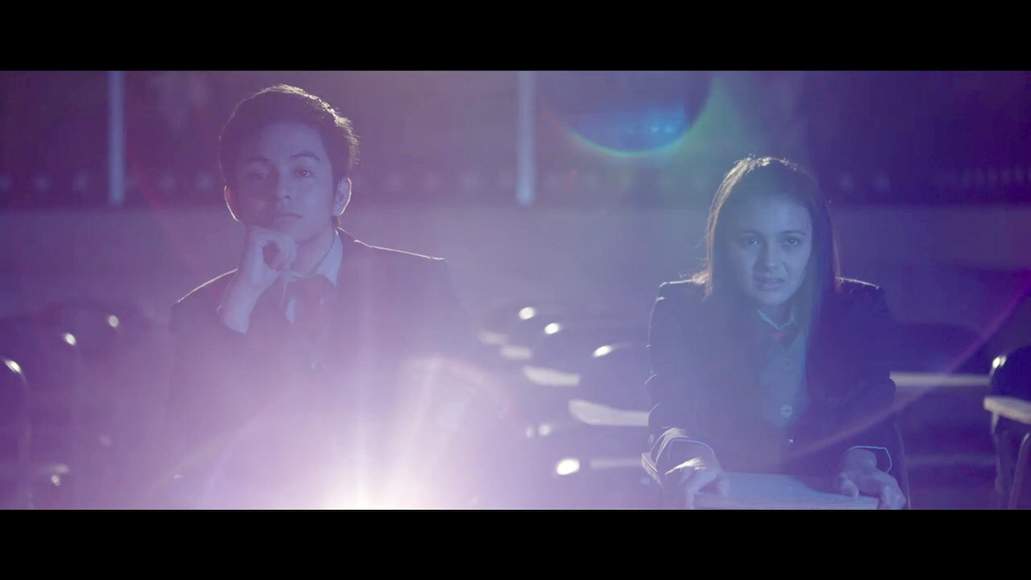Shooting a POV (point of view, “Cloverfield” is a distinct sample) film is definitely not an easy task, and the minds behind “Rakkhosh” also had to deal with the lack of precedent in Indian cinema, since this is the first complete POV movie the country has ever produced. The film has already enjoyed some success in the Indian festival circuit, winning the “Special Jury Award for Best Director in Hindi Film” at the Rajasthan International Film Festival. Let us take things from the beginning though.
The protagonist of the film is Birsa, whose eyes are the point of view of the film. He is a mental patient, whose only friend is a mysterious old man named Kumar John, with both of them staying in an asylum that houses more than 2000 of them, while employing just 40 workers. Furthermore, it seems that something strange has been happening in the place, since patients frequently disappear, in a series of events that involve a mysterious entity that everyone seems to be afraid of, and is called Rakkhosh (demon).
As the movie progresses and Kumar John's supposedly daughter, Ridhima, a NGO girl, begins investigating the events, Birsa's past comes to the fore through some flashbacks that also seem to meddle with the reality of the protagonist, as a number of secrets come to the fore.
Of course, the main element of the film is the POV part, which, in essence, guides the whole narrative. Basile Pierrat used a Red Dragon 6K and had to create a custom rig for it, but the result is a definite testament to the quality of his work, with the POV part fitting the disorientation that dominates the narrative quite well. The fact that we do not see the protagonist works quite well in that fashion, adding to the sense of mystery that dominates the film, while introducing a constant element of surprise each time the spectator realizes that the protagonist is always there, even though not present on screen.

Apart from this element, Abhijit Kokate and Srivinay Salian direct a film that unfolds in two axes that occasionally intermingle as Birsa's grip to reality becomes thinner. The first one has to do with his current situation in the asylum, and follows the rules of the crime thriller, while the second one tells the story of his past, which is revealed as one of domestic abuse, with much exploitation elements. Furthermore, both axes include some social commentary, revolving around patriarchy, prejudice against the mentally ill and the faults of the health system in that regard.
The connection of these two axes is one of the film's best assets, with Dinesh Gopal Poojari doing a great job of connecting different timelines and settings through a number of tricks (the change after the slap will definitely stay on memory), that also add to the sense of disorientation of the narrative
The film does not avoid a number of clichés of the genre and I think that its duration could be a little smaller, since the whole POV concept becomes a bit tiring after a fashion. The presentation, however, definitely compensates and the interest is kept almost from beginning to end.

In that aspect, the film benefits much from the acting, with Sanjay Mishra stealing the show as the crazy/wise clown/mentor Kumar John, and the peripheral characters being quite fitting, both in performance and appearance, with the quality extending even to the mental patients that are in for just a cameo.
Abhijit Kokate and Srivinay Salian have created a very interesting world, with the POV element adding much to both the asylum setting and the exploration of a troubled mind, and ended up with a rather unique horror film, that definitely deserves a watch, to say the least.















